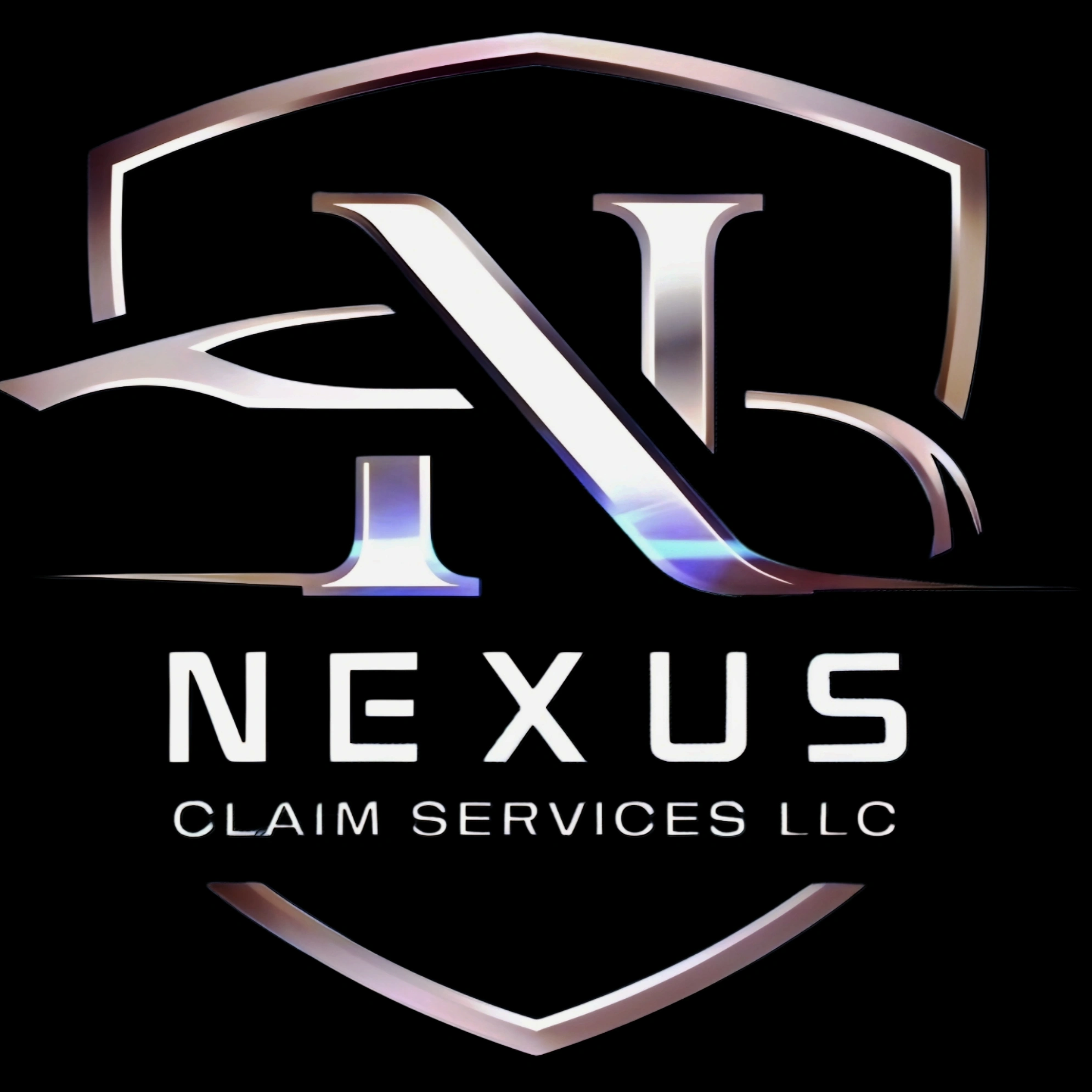Why Auto Body Repair Shops Should Consider Charging Their Customers for Insurance Company Short Pays
- Mitch Buhr

- Mar 28
- 3 min read
In the collision repair industry, auto body shops face a growing challenge: insurance companies increasingly refuse to pay for all necessary repairs, leaving a portion of the cost uncovered. These unpaid amounts, commonly known as “short pays,” place a financial burden on body shops—often forcing them to absorb the costs or cut corners just to stay afloat.
It’s time for a shift. Auto body repair shops should strongly consider charging customers directly for insurance short pays. Not only is this practice fair and transparent, but it also aligns with how other industries handle similar situations when third-party payers fall short.
What Is a Short Pay?
A short pay occurs when an insurance company refuses to pay the full cost of a repair, despite the repair being necessary to restore the vehicle to its pre-accident condition. These unpaid costs may be for OEM-required procedures, proper part usage, additional labor, or calibration services—all vital to a safe and proper repair.
Why Auto Body Shops Shouldn't Absorb These Costs
It Hurts Your Business:Continuously absorbing short pays cuts into your profit margin, compromises your operational budget, and undervalues your labor and expertise.
It Rewards Bad Insurance Practices:When shops accept short pays, they enable insurance companies to continue undervaluing repair work and prioritizing profits over safety and quality.
It Damages Repair Quality and Safety:Some shops are forced to skip procedures or use cheaper parts to make ends meet, ultimately putting vehicle owners at risk.
What Other Industries Do When Insurance or Third Parties Don't Pay
Here’s how other industries deal with partial payments from third parties:
Medical and Dental Offices
If your health insurance doesn't cover a specific treatment or only pays part of it, the balance becomes your responsibility. You’ll receive an Explanation of Benefits (EOB) showing what the insurer paid and what you still owe. It’s standard practice to bill the patient for the remaining balance.
Example:A dentist performs a crown procedure costing $1,200. The insurance only covers $800. The patient is billed the $400 difference. Simple and expected.
Veterinary Clinics
Pet insurance is growing, but it rarely covers 100% of procedures. Vets usually collect full payment from the pet owner and leave it to them to get reimbursed from their insurance.
Example:A dog requires surgery costing $3,000. The pet insurance company may reimburse $2,000. The pet owner pays the remaining $1,000 to the clinic.
Auto Glass & Windshield Services
Some windshield repair companies bill the insurance, but if the insurance only covers aftermarket parts or leaves off certain services, the customer pays the difference if they choose OEM glass or added calibrations.
How Auto Body Shops Can Implement This
Clear Communication Up Front:Educate your customers early in the repair process that their insurer may not pay for everything. Let them know that the shop follows OEM procedures, and any unpaid balances by the insurer may become their responsibility.
Provide Documentation:Show them the estimate, the insurer’s response, and where the short pay occurred. This transparency builds trust.
Offer Payment Options:Provide financing, payment plans, or credit card processing to ease the burden for customers paying the difference.
Use Contracts or Authorizations:Include language in your repair authorization form that clearly states the customer is responsible for any amount not paid by their insurer.
Benefits of Charging for Short Pays
Protects Your Bottom Line
Supports Safer, Higher-Quality Repairs
Educates Consumers About Insurance Limitations
Holds Insurance Companies Accountable
Final Thoughts
Auto body repair is a professional service, just like medical or legal work. If your business is performing OEM-compliant, safe repairs, you deserve to be paid for all of your time, labor, and expertise. Charging customers for short pays isn't about being aggressive—it's about fairness, sustainability, and standing up for the value of quality repairs.
Don't allow insurance companies to dictate your business model. Empower your shop, educate your customers, and get paid for the work you do.






Comments